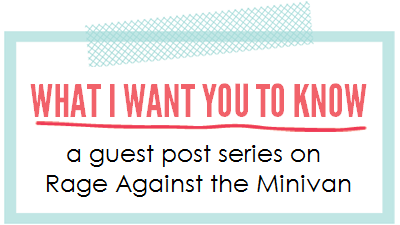“Well, at least I don’t have a PIGGY NOSE!” I said with stinging anger. Then I went home and cried and cried and cried.
I hadn’t noticed my ears before that day. In fact, I hadn’t yet observed anything wrong with my body. My skin was still baby soft, my hair thick and naturally blonde. The pudgy teen years were several years away, and my snaggled front teeth looked like every other child’s at that age.
My dad says no one really noticed my Dumbo ears during my early years. But by the time I was wearing a swim cap for summer swim team meets, they couldn’t be missed. The folds everyone else had on their ears did not exist on mine, or on my grandfather for that matter. I’d gotten his ears. They looked a lot better on him.
To be honest, the teasing wasn’t merciless. Over the next few years no one teased me except for Piggy and his friend Mark with the Buck Teeth. Had those two boys walked home a different way each day, I might still have the ears I do.
By the time I was in sixth grade my parents suggested a solution to the teasing. If I wanted, a plastic surgeon could cut and stitch folds in my ears. It was a simple operation they said, and no one would know but us. Our little secret.
Being that I was such a young age, it’s difficult to remember my entire thought process as I weighed their offer. Even though I was only in sixth grade I knew cosmetic surgery was controversial, especially for a child. But like many young kids I suppose I had a deep trust in my parent’s instinct. And contrary to what others might assume, I never felt an ounce of pressure from them. My mom and dad believed in giving their children options, and they believed I was mature enough to handle the decision.
At first I didn’t know if I wanted to go through with surgery but we decided that a visit with Dr. Altman might help me decide. Dr. Altman lived down the street from us and his kids went to the same elementary school I did. He had a bushy mustache and a friendly smile. I remember that he touched my ears gently, as if they were already bruised and bandaged. I liked him immediately.
In the exam room he let me flip through books of his patients. There were before and after pictures of too small chins, and too big noses, and lopsided breasts. I’d never seen so many bare breasts before. They were all different shapes and sizes, and most of them looked nothing like my mother’s. These breasts were often two different sizes; some almost missing on the left but full sized on the right. You might call them deformed, but a child would just call them weird.
I had the surgery at 11 years old, just a few weeks before Christmas. My family and I told no one about the procedure. Everything went perfectly but in a horrible twist of timing, I broke my arm just two weeks later. I remember the anesthesiologist for my arm surgery asking if I’d ever had an operation before. I panicked—not sure if I should keep the secret or tell him the truth. I shamefully admitted I’d had cosmetic surgery that month. But of course, I didn’t use those words. In my family, we just said I had my ears fixed.
Twenty years later, I don’t like to think too much about my old ears or the decision to change them. After developing my own faith in God as a junior higher, I haven’t wanted to think about whether I disappointed Him by changing the body He gave me. And as a mother, I don’t like to think about how I might pass along my Dumbo ears to children who will then have to make their own decision about cosmetic surgery. Will I encourage it? Will I pay for it? We’ll cross that bridge if and when it needs to be crossed.
What I want you to know is that for some children, corrective surgery can be a very good thing.
What I want you to know is that the hardest part about corrective surgery is not the physical pain but the shame our culture sometimes associates with changing your body.
What I want you to know is that despite receiving corrective surgery, I’ve still judged others who decide to change their noses, breasts, chins or faces. I wish this wasn’t so.
I also want you to know that despite having corrective surgery as a child, I believe I have a very healthy body image as an adult.
Mostly I want you to know that a person’s motivation and decision to have corrective surgery is very personal. Please be gentle when offering your opinions or judgement.

